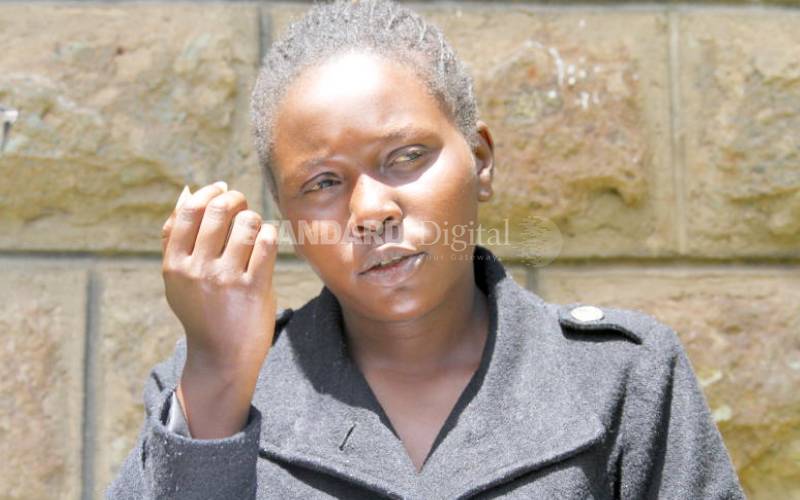×
The Standard e-Paper
Smart Minds Choose Us

Francisca Wanjiru during an interview with The Standard at her home in Ngong. [David Njaaga, Standard]
It has been two years of despair and unending mental anguish for Francisca Wanjiru.